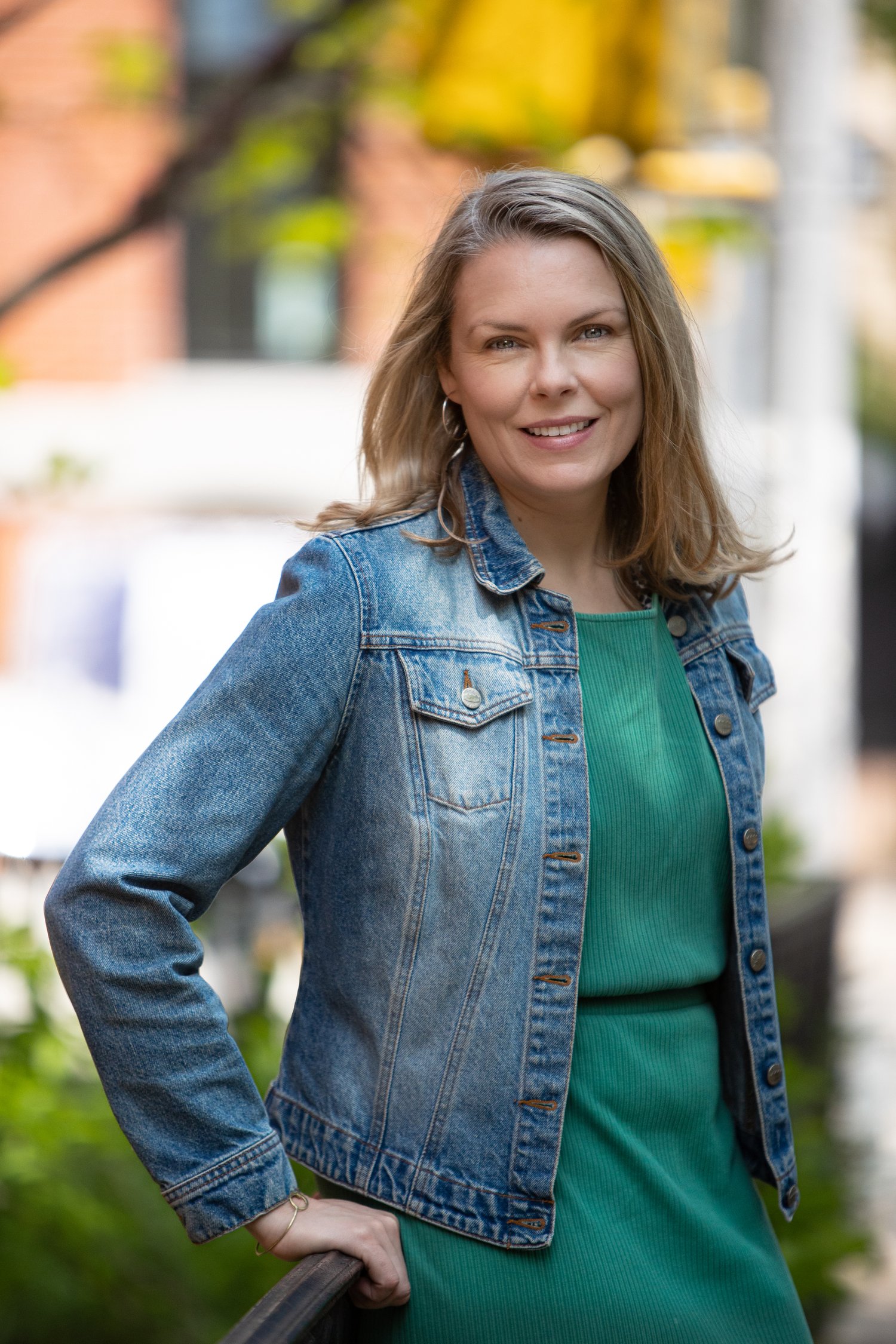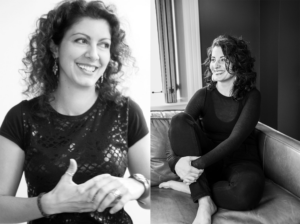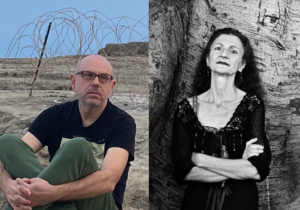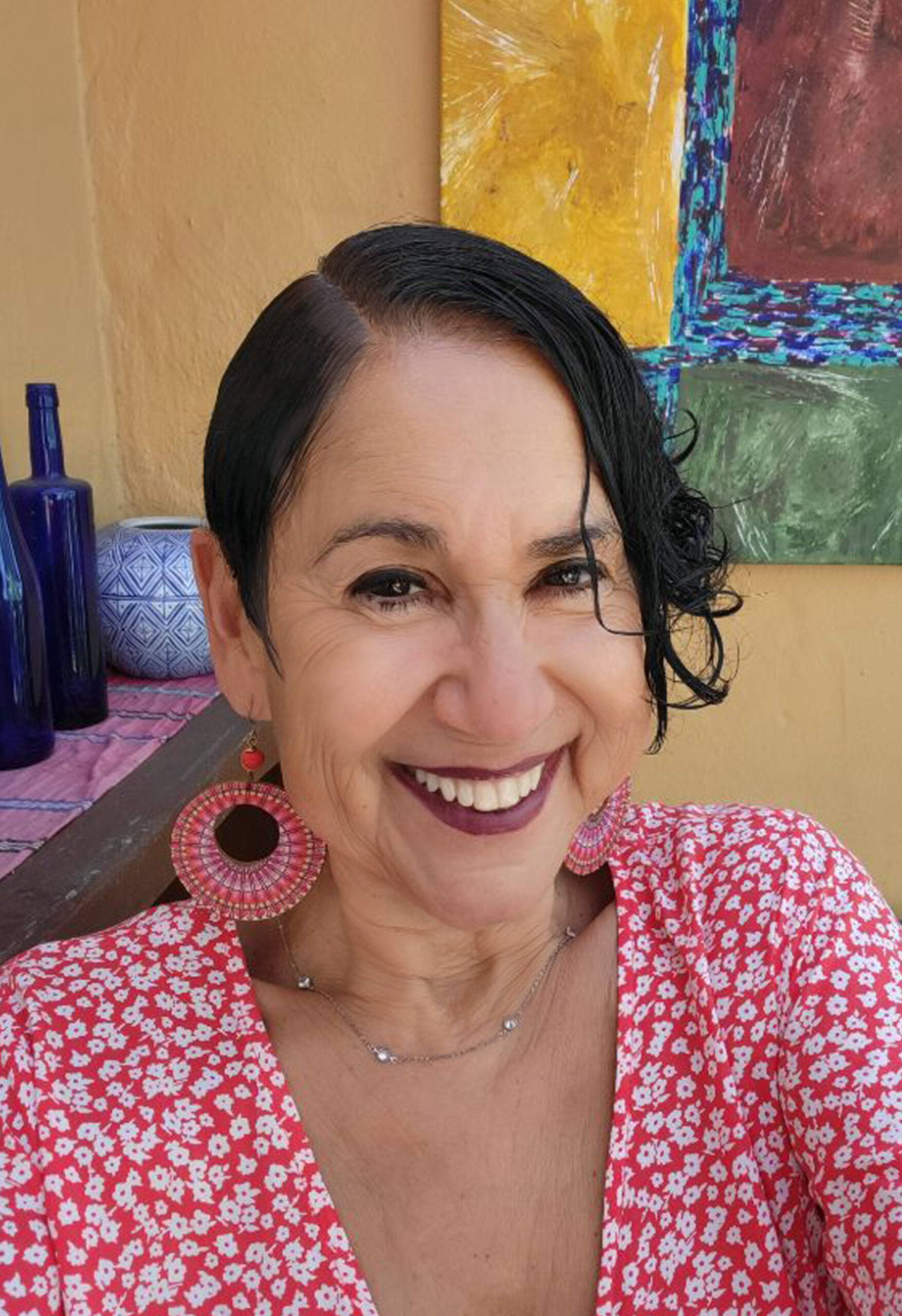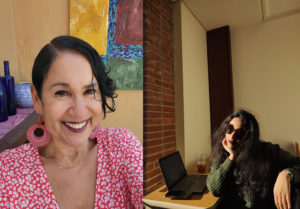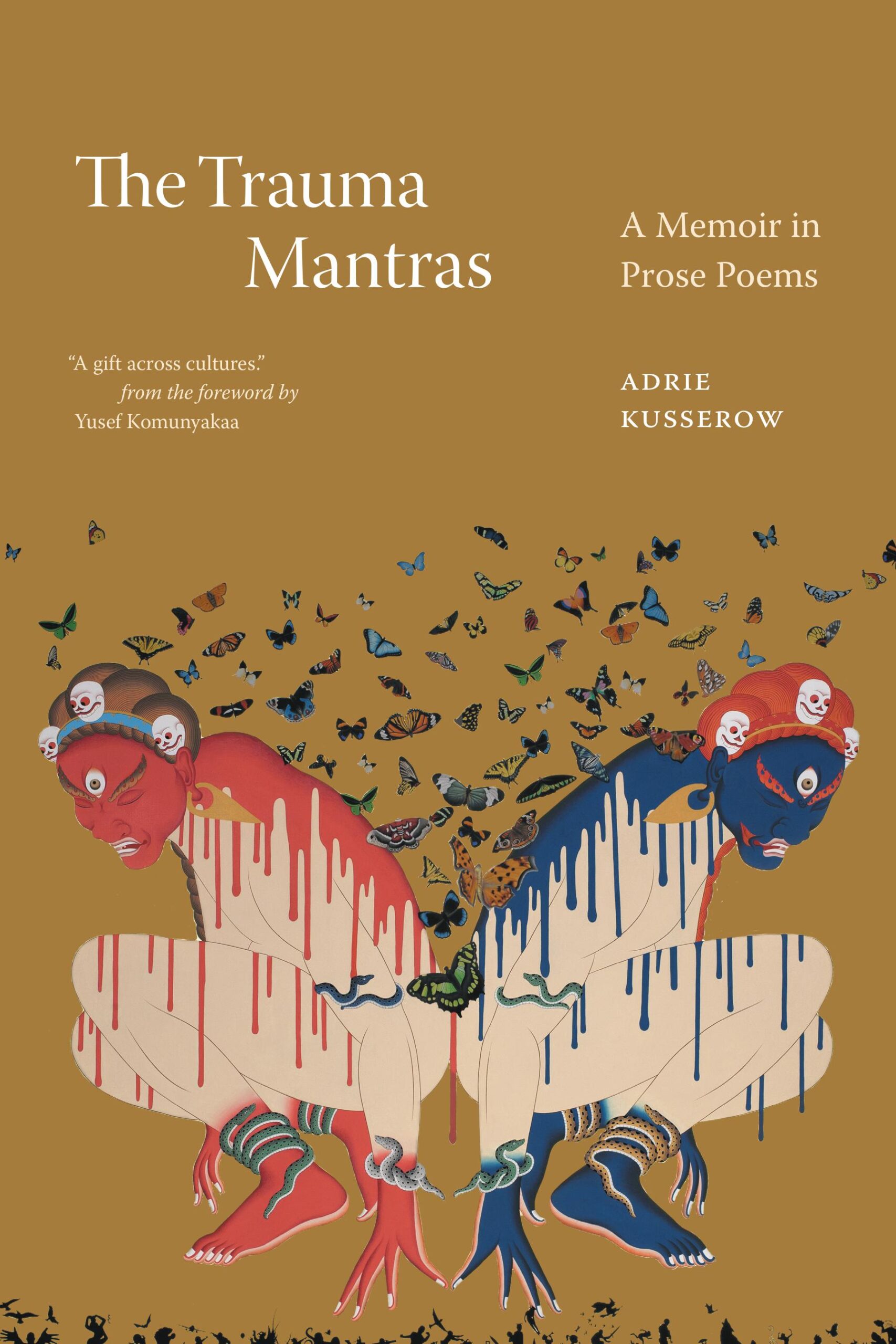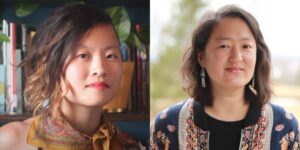
HANNAH GERSEN is a novelist whose fiction ranges from the strictly realist to the gently speculative. Her first novel, Home Field, is a deeply felt story about family and grief in rural Maryland, described as Friday Night Lights meets My So-Called Life. Her second, most recent novel, We Were Pretending, leaps into today’s most pressing crises–climate change, the creep of technology–through the lens of Leigh Bowers, an at-sea single mom trying to secure a better future for her daughter and a better death for her mother, who is dying of cancer. It’s beautifully written, imaginative, and elegiac with surprising twists and turns.
